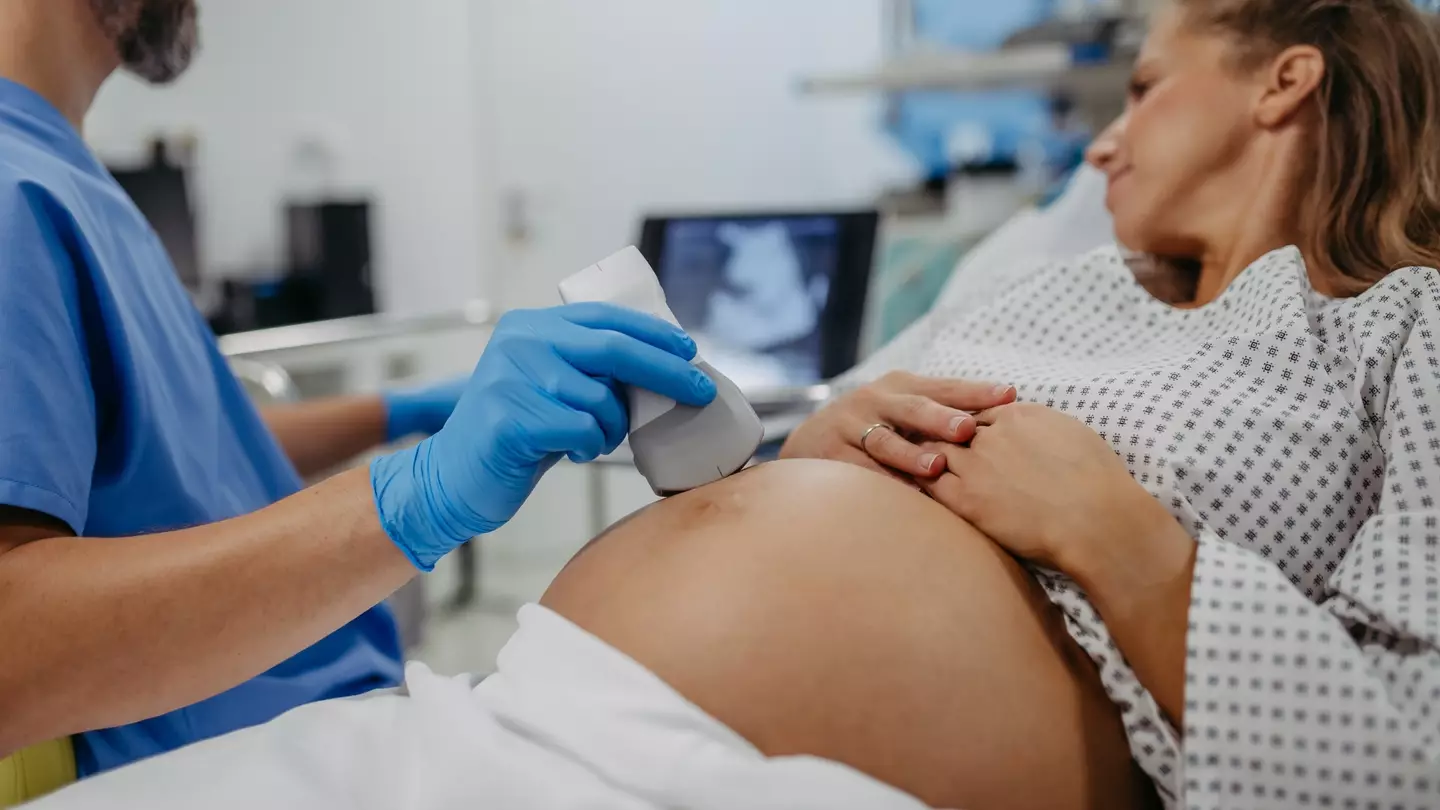A single iguana has sparked some hope that women will one day be able to fall pregnant without the involvement of a man.
Zookeepers at Exotic Zoo in Shropshire, UK, were left rather surprised when they found that one of their reptiles had given birth, despite never being housed with a male.
The casque-headed iguana gave birth to eight healthy hatchlings and are reportedly identical clones to their mom, Sky News reports.
Speaking to the news outlet about their miraculous births, Scott Adams, the zoo's director, said: "It's been a cool experience for us. This is like nature doing it for itself.
Advert
"This is one of the rarest events in the animal kingdom. When we confirmed the eggs were fertile without any contact with a male, our jaws hit the floor. These babies are essentially mini-mom clones, and seeing them thrive is incredible.
"For us, it's a powerful reminder that life finds a way in the most unexpected circumstances."
He went on to describe the incident as an example of 'self-conservation'.
These types of pregnancies are something known as parthenogenesis, AKA a 'virgin birth'. They're rare but not unheard of in species like sharks, stick insects, crocodiles, LiveScience says.
In light of the recent news from Telford's Exotic Zoo, some experts have weighed in on the idea of humans one day being able to have 'virgin births' too.
Dr Louise Gentle, lecturer in zoology at Nottingham Trent University, revealed that it's 'technically possible'.
"There have been some studies in laboratories that have produced parthenogenic embryos in mammals, but these have involved genetic modification," she told the Mail Online.
.jpg)
Dr Gentle continued: "To get parthenogenesis in humans, you would need to have individuals with the same chance mutations (there would have to be many mutations) breeding together.
"It's an extremely long shot, with a tiny probability, but it is technically possible."
Tiago Campos Pereira, a professor of genetics at the University of São Paulo in Brazil, also weighed in on the matter.
As humans, we have biological barriers that prevent parthenogenesis, he said, but genetic makeup may be 'altered by natural mutations'.
He went on: "Therefore, in theory, all those barriers might be overcome by a set of specific mutations in the genes responsible for those barriers.
"If a woman happened to have all those specific mutations by chance, perhaps she could have a virgin birth."
